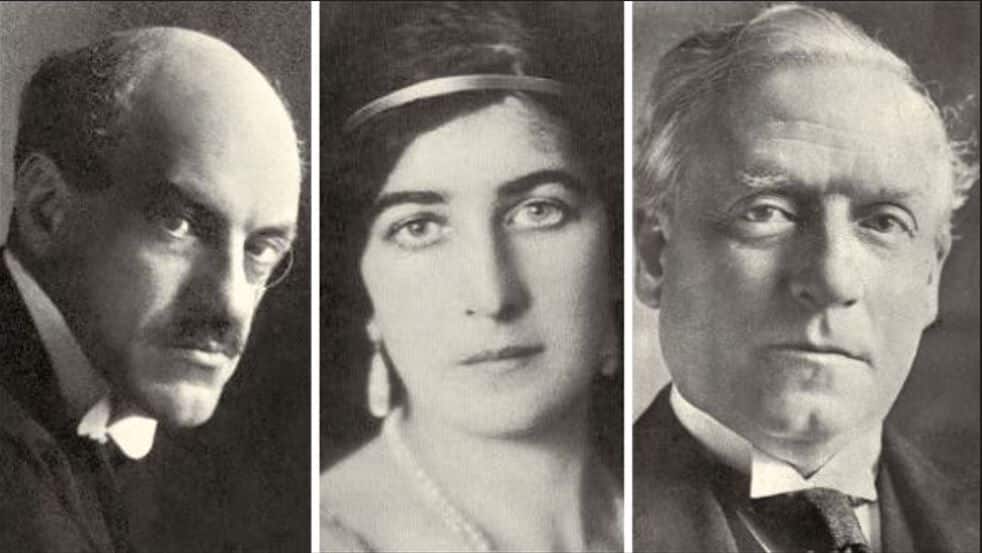**The Love Triangle that Changed the Course of Zionism**
At the end of the 19th century, Palestine was on the brink of a new era, coinciding with the emergence of Zionism. This movement, which began as an evangelical Christian project in Europe in the 16th century, considered the return of the Jews to “Zion” as fulfilling God’s promises in the Old Testament. Many Protestant Christians believed this would pave the way for the second coming of Christ and the onset of the end of days.
These early advocates redefined Jews, not merely as followers of a religion but as members of a nation or race. They were particularly active in the United States and Britain, where some held influential positions.
In his book, *Lobbying for Zionism on Both Sides of the Atlantic*, Israeli historian Ilan Pappe illustrates how over a century of lobbying has persuaded British and American politicians to overlook the regime’s blatant violations of international law, provide unprecedented military aid, and deny Palestinian rights. Pappe is known for his critical perspectives, especially regarding the “Day of the Catastrophe” and the displacement of Palestinians. After teaching at the University of Haifa for many years, he emigrated to Britain due to political pressure. He is now a professor of history at the University of Exeter and the director of the European Center for Palestine Studies.
We have previously published the translations of Chapters One and Two of Pappe’s book for the first time in Iran.
Part One of Chapter Three, titled “The Road to the Balfour Declaration,” has been published earlier. Part Two continues:
During a time when trench warfare in Europe was killing millions of soldiers, efforts to support Zionism were gaining traction. During this period, organized Zionist lobbying included both individuals affiliated with institutions and those who acted independently in favor of Zionism. In this context, “lobby” refers to a combination of formal and informal advocacy efforts.
The “Zionist Federation,” formally known as the “Zionist Federation of Great Britain and Ireland,” was founded in 1899 and served as the main Zionist institution during the First World War. However, much of the lobbying was conducted by a few Anglo-Jewish aristocrats who now led the movement for a British and Jewish Palestine.
Their primary challenge was to persuade British politicians that a Zionist Palestine should also be a British Palestine, serving as a stronghold for British imperial ambitions in the Middle East. As this was not the prevailing view at the war’s outset, the emerging Zionist lobby in Britain was tasked with promoting this goal as part of Britain’s future strategy for the region. Sir Herbert Samuel undertook this formidable task and ultimately succeeded in 1920 when he was appointed the first British High Commissioner to Palestine.

